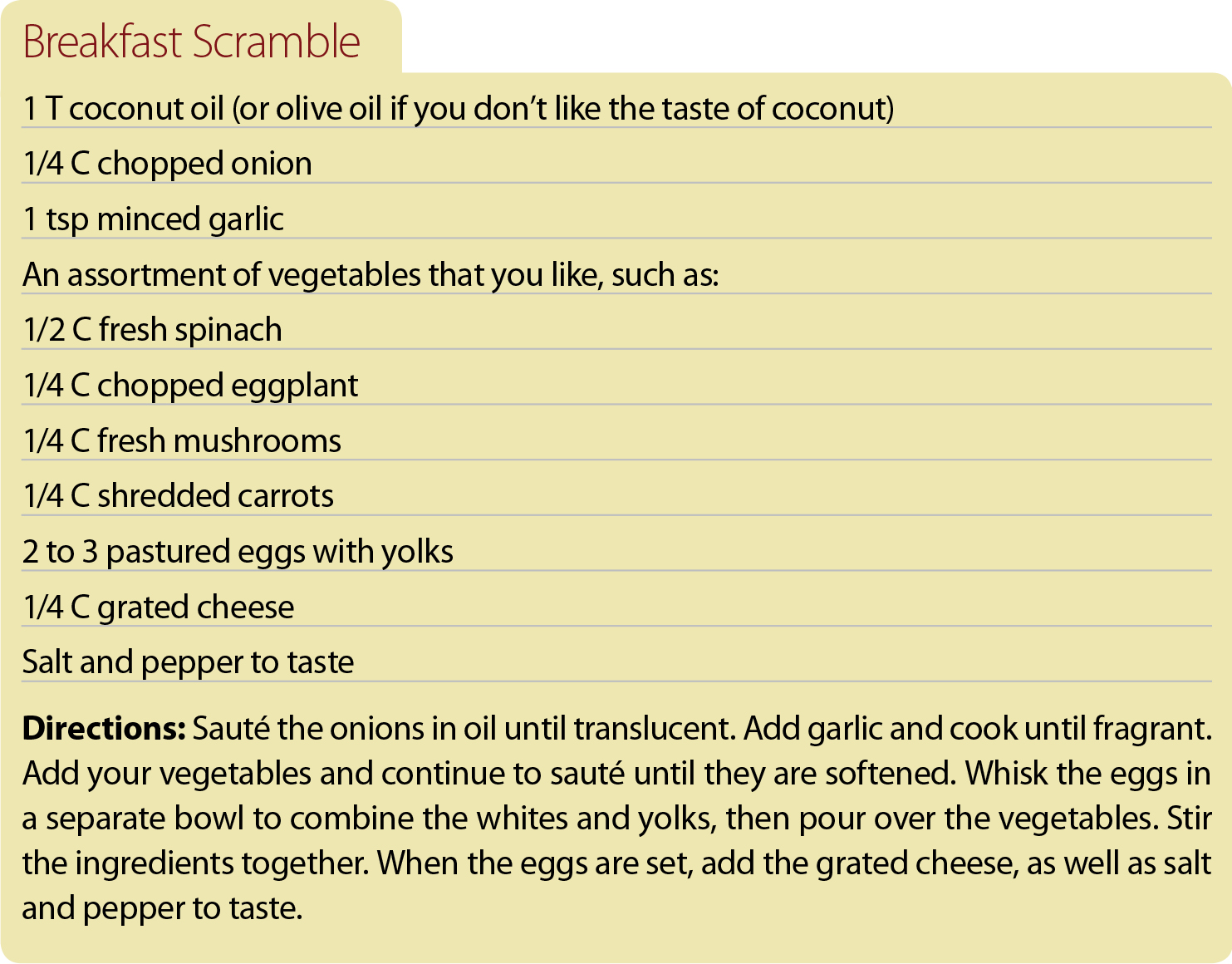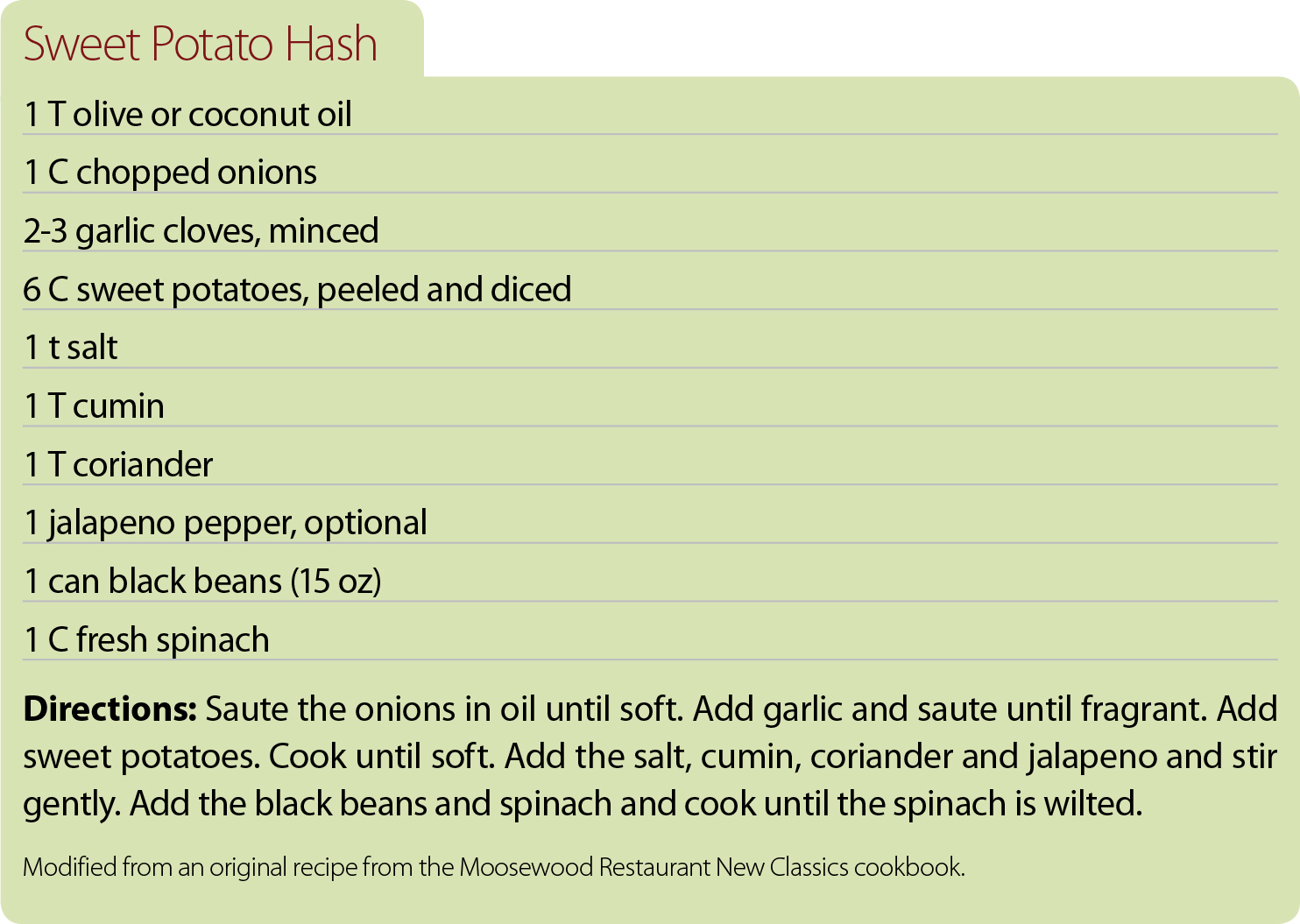Eating for Eyesight: Which Foods Protect Your Eyes?
Ever wonder which foods protect your eyes? Find out which antioxidants, vitamins, and minerals can help keep your eyes healthy and your vision sharp.
Can what you eat affect your eyesight? And which foods protect your eyes? Research shows that three particular carotenoids, each of them antioxidant and anti-inflammatory compounds, play a role in good vision: lutein, zeaxanthin, and astaxanthin.
Studies verify that astaxanthin protects the eyes against damage and daily wear-and-tear[1], decreases eye fatigue, and helps prevent vision loss and blindness[2]. And lutein and zeaxanthin both help to improve visual performance and protect against age-related macular degeneration, or AMD.[3,4]
Which foods protect your eyes? Let’s address that question with some specifics:
- Foods rich in astaxanthin: Seaweed, wild salmon, trout, shrimp, lobster, and other seafood.
- Foods rich in lutein and zeaxanthin: Eggs, avocado, pistachios, and dark green leafy vegetables like kale, broccoli, collard greens, and spinach.
For people who suffer from dry eyes (people who wear contact lenses for example), omega-3 fatty acids may provide relief. Consuming 600 mg of the omega-3 fatty acids EPA and DHA twice daily for six months helped contact lens wearers to improve dry eye symptoms and find better comfort in wearing their contacts.[5] Omega 3s may also benefit eye health by improving AMD.[6] And which foods are rich in omega 3s? Fish is the best source. For vegetarians, walnuts, flax, canola, and green leafy vegetables are alternatives.
All About Anthocyanins
Anthocyanins—which are responsible for the red, purple, and blue pigment of many fruits and vegetables—are especially potent antioxidants with various health benefits. Anthocyanins help to protect your eyes from oxidative damage, which can prevent various diseases in the eye, including AMD.
Anthocyanins may help prevent cataract and glaucoma as well, while also improving night vision. Billberry, an edible berry rich in anthocyanins, has been extensively studied for its effects on eye health, including improving visual function in people with myopia (nearsightedness).[7,8]
Foods rich in anthocyanin include blueberries, raspberries, blackberries, purple cabbage, black currants, bilberries, eggplant, and black rice.
Get Your Vitamin D
In adults under the age of 20, low levels of vitamin D are associated with higher rates of myopia.[9] (See our post “Aging Eyes and Declining Eyesight.”) Low vitamin D has also been linked to poorer vision acuity (the clearness or sharpness of your vision).[10] Research suggests that vitamin D may protect against AMD, too.[6] Foods rich in vitamin D include oily fish, egg yolk, mushrooms, and cheese. More important than food, though, is 15 to 30 minutes of sunlight exposure per day.
The Beta-Carotene Impact
Beta-carotene is the antioxidant responsible for the orange pigmentation in carrots, and is partly why carrots are so good for your eyes. Our bodies use beta-carotene to make vitamin A, which is important for the process by which the brain converts light into vision. Beta-carotene is considered the primary dietary source of provitamin A (something we use to synthesize vitamin A).[11] When used with vitamin C and vitamin E, beta-carotene can help protect against AMD.[12] Foods rich in beta-carotene range from carrots, sweet potatoes, and squash to pumpkin and cantaloupe.
Zinc
Zinc helps to maintain the health of the retina, which is the part of the eye that senses light. It helps sustain optimal metabolism in the eye, and it is also an antioxidant that scavenges damaging free radicals.11 Zinc supplementation has been shown to reduce the risk of developing AMD.[12] Foods rich in zinc include seafood, poultry, milk, and yogurt.
Vitamin E and Vitamin C
Two other antioxidants that help protect your eyes and your vision are vitamins E and C. Taken along with other nutrients like beta-carotene and zinc, these vitamins can help slow the progression of AMD.12 Find vitamin E in nuts, seeds, and vegetable oils. For vitamin C, eat strawberries, citrus fruits, Brussels sprouts, broccoli, and papaya.
There isn’t one magical food for eye health; be sure to include all of these eye-protecting nutrients in your diet for best results. Studies show that a combination of vitamins is best for eye health. For example, supplementing with vitamins C and E, along with zinc and beta-carotene, is especially effective at protecting eyes from disease as you age.[12]



1. J Pharmacol Sci. 2013;123(3):209-18. Epub 2013 Oct 22.
2. Mol Nutr Food Res. 2011 Jan;55(1):150-65.
3. Optometry. 2011 Nov;82(11):667-680.e6
4. Invest Ophthalmol Vis Sci. 2014 Dec 16;56(1):252-8.
5. Cornea. 2015 Apr;34(4):413-20.
6. Nutrients. 2013 Jul 2;5(7):2405-56.
7. J Ocul Pharmacol Ther. 2013 Apr;29(3):356-9.
8. Lab Invest. 2012 Jan;92(1):102-9.
9. Invest Ophthalmol Vis Sci. 2014 Jun 26;55(7):4552-9.
10. J Am Geriatr Soc. 2011 Mar;59(3):568-70.
11. Clin Interv Aging. 2013;8:741-8.
12. Arch Ophthalmol. 2001 Oct;119(10):1417-36.
Originally published in 2016, this post is regularly updated.


 Hearing Aids Extend Longevity
Hearing Aids Extend Longevity  How to Fix a Droopy Eyelid
How to Fix a Droopy Eyelid  Droopy Eyelids Can Interfere with Vision
Droopy Eyelids Can Interfere with Vision 
A recent study by the National Eye Institute, examined the effects of eye supplements over a five-year period in over 4,000 patients with age-related macular degeneration, or AMD. The findings confirmed the beneficial impact of using antioxidant eye supplements for AMD, and notably, highlighted the importance of including the macular pigments in the supplement.
© Marina Morozova | Dreamstime.com